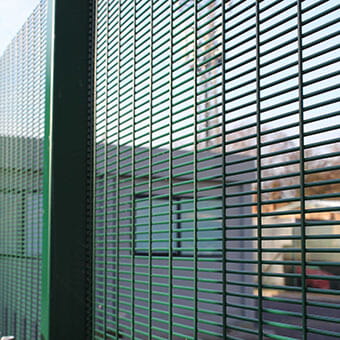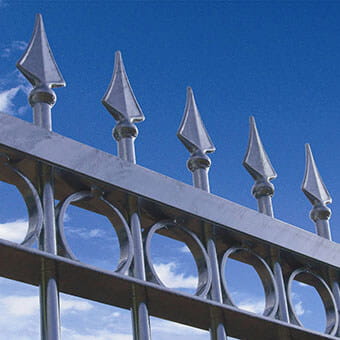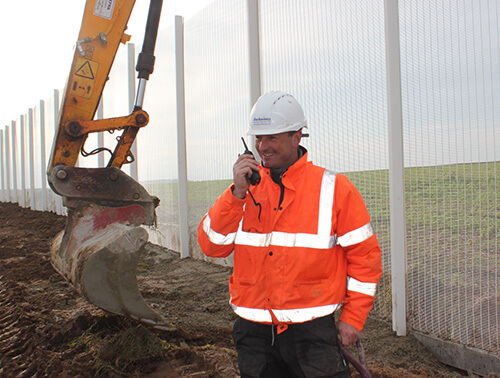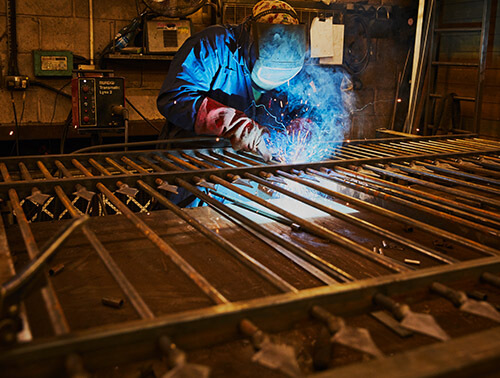Our other sites:
In the UK, the British Standards Institution (BSI) is the official standards body for a range of sectors. Standards ensure consistency across measurements, manufacturing, materials and more, facilitating confidence in buyers, specifiers and end-users.
British Standards are voluntary and not a legal requirement, but if products don’t comply with standards, they can be unfit for purpose and dangerous. There have been many cases of products not complying with standards and resulting in fatal accidents. In recent years, a chest of drawers was recalled globally after toppling over and causing 8 separate deaths. It was revealed that the top heavy dresser failed a standard consumer safety test. In the UK, the drawers were not recalled due to less stringent safety measures; that’s why it’s essential consumers are aware of - and check for – products’ compliance with standards.
What are British Standards?
A British Standard is a recommended standard that products should be manufactured in accordance with to be recognised as a quality product by the relevant authorities. However, they are not the same as regulations, and their use is not mandatory.
According to BSI, standards are the “agreed way of doing something” formed by industry experts, consumers, research organisations, and government departments. Standards are established and approved by consensus, after a committee has offered a draft standard for public comment and scrutiny, to ensure all requirements for forms and levels of standardisation are catered for.
There are over 30,000 standards which apply to manufacturers, service providers and suppliers. For consumers, these indicate a company’s commitment to quality, safety and sustainability.
Why do British Standards matter?
Standards make products safer, for example through minimum fire safety; better quality, such as guiding companies to produce clear bill itemisation; and easier to use, by ensuring products and services are accessible to consumers who are, for example, elderly or partially-sighted.
How does a company comply with a British Standard?
For a company to access and conform to the information within a standard, they must either purchase or subscribe to that standard. Demonstrating our dedication to crafting the highest quality products, Jacksons Fencing conforms to standards on chain link and mesh fencing, timber fence panels, gates, crash-rated barriers and much more. You can see the full list of standards Jacksons Security fencing conforms to and usually exceeds, here.
PAS (Publicly Available Specification)
A PAS is in many respects similar to a British Standard. However it is always developed in response to a commission by an external sponsor who funds a resource-intensive process which allows it to be developed and published quickly to satisfy an immediate business need.
Jacksons and PAS 68
PAS 68 is the Publicly Available Specification for vehicle security barriers. It was originally created in 2005 by BSI. In September 2023, BSI published ISO 22343, replacing both IWA 14 and PAS 68. ISO 22343 is now the current standard which defines the methodology by which vehicle security barriers are tested against vehicle impact, however, there is no expectation or requirement of manufacturers to retest previously certified products to ISO 22343. Existing products tested to IWA 14 and PAS 68 are still considered valid.
We have a range of vehicle security barriers and hostile vehicle mitigation solutions with a PAS 68 rating which indicates their ability to stop hostile vehicles in their tracks.
PAS 68 has played an integral role in shaping all the impact test standards that have followed. PAS 68 was long considered to be the security industry’s benchmark and de facto standard for HVM equipment, covering every form of vehicle barrier from fixed bollards to rising blockers, and street furniture to crash-rated fencing.
Changing CE marking to UKCA
From January 1st 2021, the CE mark – a marking that indicates a product’s conformity to EEA (European Economic Area) standards of health, safety and environmental production – was replaced with the UKCA (UK Conformity Assessed) mark.
The new UKCA mark is used for goods being placed on the market in Great Britain (England, Wales and Scotland) and covers most goods which previously required the CE marking. Products sold in the EU will still require a CE mark. All Jacksons Fencing products that were CE marked (e.g. gates, highway acoustic barriers) became UKCA marked.
For more information about British Standards, specifying products in line with standards, or to read more about Jacksons Fencing’s commitment to the highest standards, contact us today.
Related Products
Jacksons Fencing have a large range of related products, all complete with our 25 year guarantee. If you cannot find the item you are looking for, please do not hesitate to call our friendly sales team.
Related Content
Top






